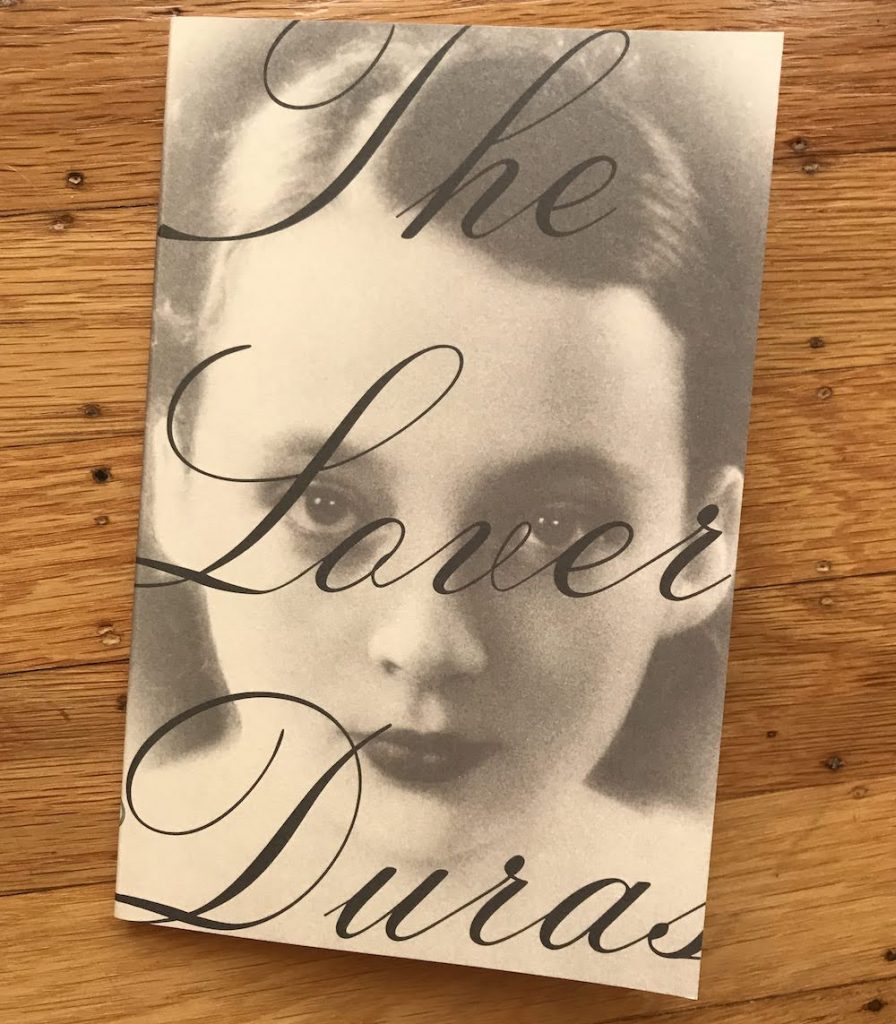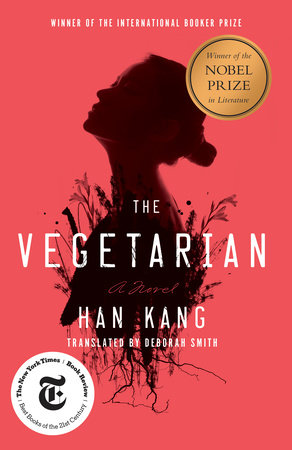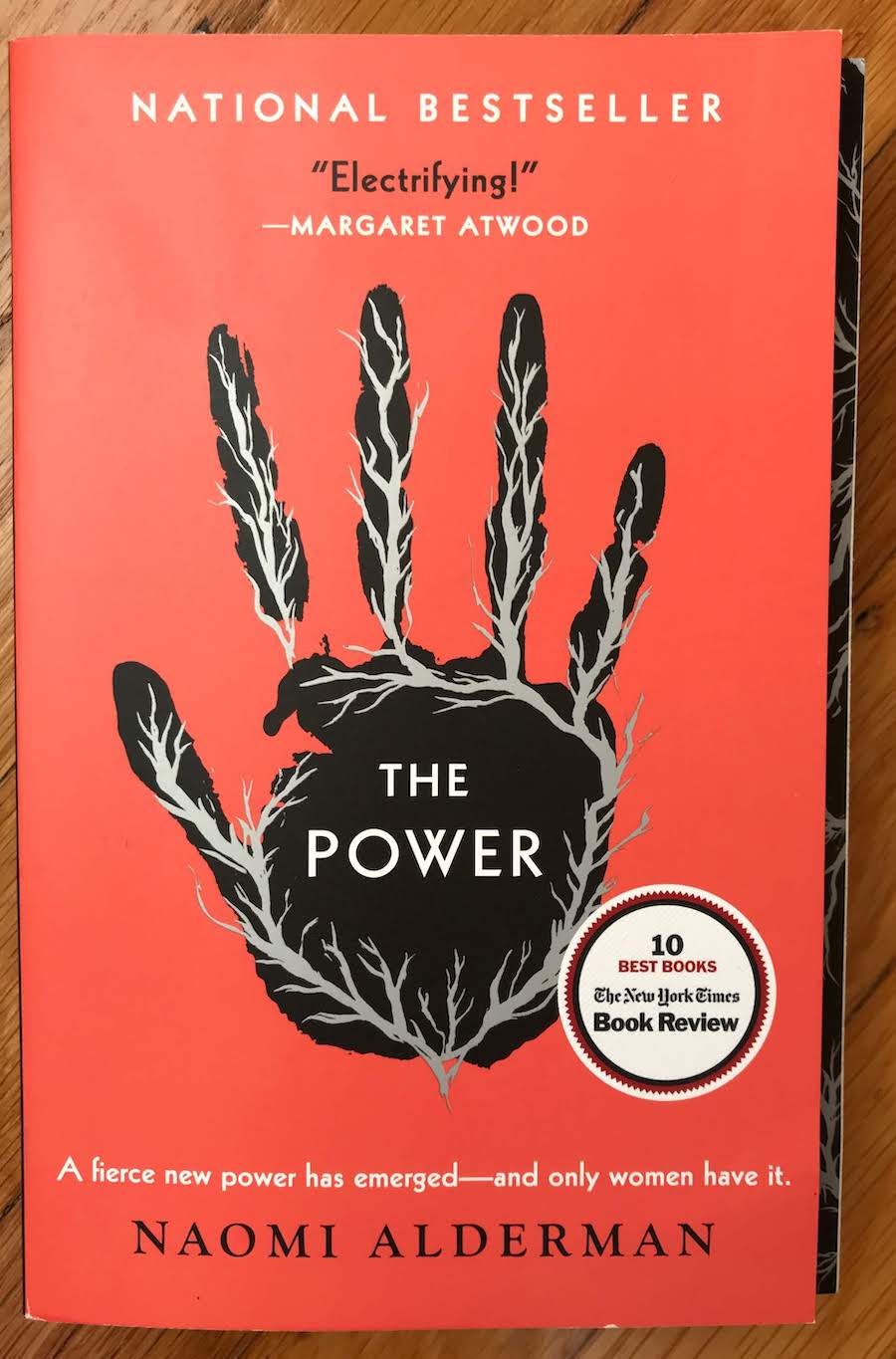I’m a big reader, writer, and all-around-city-explorer, and don’t usually make time in my routine for television. In normal times I work long hours, see movies on the big screen with friends, go out to social dinners, run evening errands, take long walks, read non-fiction, go to evening museum events, and have a packed life: TV is just too big a time-suck. (I have so many friends who CLAIM they want to pursue some passion, but can’t because of time constraints; these same friends can summarize thousands of hours of shows, and don’t make the connection.) During this pandemic, however, I am heeding the signs posted throughout my neighborhood begging me to stay at home. Cultural institutions, movie theaters, most indoor gathering places, and all non-essential shops are closed. The streetcars stopped running, so my normal routes to explore are out of reach. There is news that melts my heart on every device around me, and I’ve found concentrating on books has been hit-or-miss, as my mind strays back to the problems of the day.
To refresh myself, I decided to seek out dystopian fiction in various video/film formats. Considering the times I am living in, I wanted something less optimistic than fairy tales or positive-future-sci-fi: since I’m living in a world where people would all become zombies due to their desire for ‘freedom’ or refusal to believe in a zombie plague, I wanted stories grounded in human flaws. I am fond of this genre (I have written dystopian novellas!!), and thought a distraction from current dystopia could be stories that are DIFFERENTLY dystopian. I found some great shows that could fully hold my attention and interest. (What are the odds?)
I’ll write about them here, in the order I watched them in:
Watchmen (2019, one season of 9 episodes, HBO (series page))
Note that this series is set in the future of an alternative world of the ’80s comic book of the same name, but this series can also stand alone. (I do NOT recommend the 2009 movie, which is unduly creepy toward its female characters.)
Overview: decades after corrective actions are made for the (real life) 1921 Tulsa Race Massacre, white supremacist violence leads the police to need to wear masks, hide their identities, and engage in very direct confrontations with extremists. The series follows one remarkable veteran and police-officer who tries to raise her family and make Tulsa safe against violent, organized terrorists. Meanwhile, the world is pelted with rains of interdimensional space squid, and people bemoan the disappearance of the god-like superhero who won the Vietnam War for the U.S.
Why I like it: it was done well enough to give me actual anxiety, so I needed a break after the first episode before I could deal with the rest! The casting is great; Regina King is a bad-ass, compelling lead; Jeremy Irons is a compelling, amoral character in a weird situation; the sci-fi elements are pretty chill, and presented in a matter-of-fact, non-distracting, just-roll-with-it way; the dialog is tight… I felt INVESTED.
Lovecraft Country (2020, one season, 10 episodes, HBO (series page))
Overview: a veteran’s father goes missing, and his search takes him and his loved ones through the dangers of both a segregated, racist, violent U.S. AND an equally dangerous, secret world of magic, curses, and monsters from another universe.
Why I like it: The primarily black cast is fantastic; all of the characters are developed, interesting, flawed, afraid, and determined in some way; the villains are layered, and their infighting and rivalries are elaborate; the costumes (especially for Ruby and Christina) are GORGEOUS; the plot is mysterious; the plot stakes are high – there are dark and often fatal consequences for mistakes and misunderstandings; the sets are great and varied… Oh, and like Watchmen, the Tulsa Massacre also figures in.
This is the first show that I’ve listened to the PODCAST for, and it was worth listening to! There is a lot of insight on the characters and script that I didn’t know I wanted to know.
Altered Carbon (2018 & 2020, 2 seasons, 18 episodes, Netflix (series page)
Overview: Elite military operative Takeshi Kovacs is revived after 250 years in a digital prison, given a new body, and obligated to solve the murder of the wealthy creep who bailed him out. His pre-owned body has its own history with the police; his mind has a history with his mercenary sister and his lost rebel love interest, both of whom may still live.
Why I like it: it’s real sci-fi! The world is compelling, and the debates within both seasons about the ethics of the technology are realistic; the characters are fun; the world is diverse (the way my own world is); the head rebel love interest is a fun character (yes, three in a row in this post with a compelling black female lead!), and all of the major female characters have compelling motivations and different skill sets; the actors who play Kovacs are all fun, attractive (well-defined abs for miles!), and each get their own timelines/eras to take on, which lends variety and clearly defines eras in his life; the sets are great; there are some tech-artifact mysteries to be solved; and a lot happens.
Raised by Wolves (2020, 1 season (so far), HBO (series page))
Overview: After a war between religious and atheist groups leaves the earth in ruins, two androids are entrusted with human embryos to raise on Kepler 22-b, far from the dangers of human zealotry. The planet is strewn with the bones of extinct, giant reptiles and hot gas vents. It is difficult to provide enough food to keep the children healthy. Meanwhile, a colony ship is on the way, and the religious colonists believe it is a sin for androids to raise children. However, Mother, one of the androids, happens to be a reprogrammed weapon of mass destruction…
Why I like it: Ridley Scott brings us layered sci-fi! Settling new worlds, and all the things that can go wrong in that effort, is always exciting, and the design of the ships, sets, and such is all stimulating. (That colony ship!!) The two androids, Mother (who appears as a young, white woman) and Father (who appears as a young, black man), show their quirky, awkward, charming dedication to child protection and collaboration, while engaging in a purposeful rebellion against their original servant programming and the religious patriarchy. YAAY FOR ANDROIDS OVERTHROWING THE PATRIARCHY! Oh, and the villains (whose motivations change over the first season, and who (of course) do not believe they are villains) are interesting, too.
Science Fiction custody battles are the best custody battles!
~~~
These are all recent shows, and I recommend them if you like high stakes, well-executed, entertaining stories.
I’ll write about older video works, including animation, separately and later.



